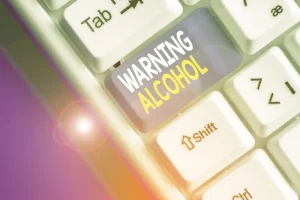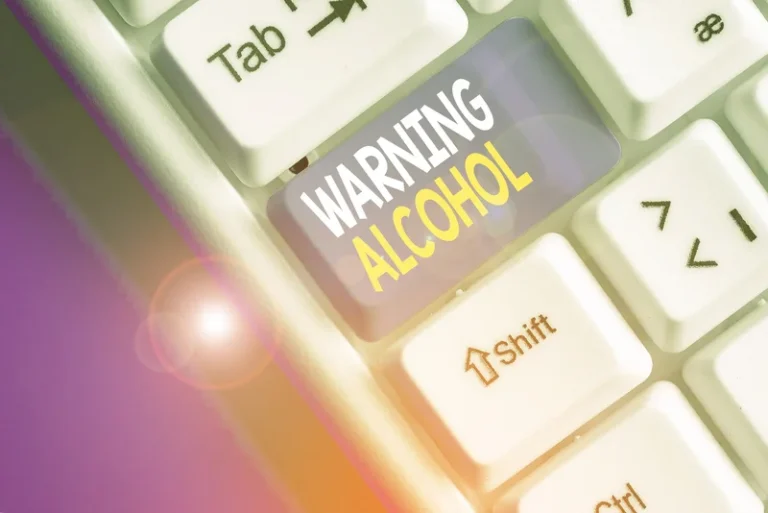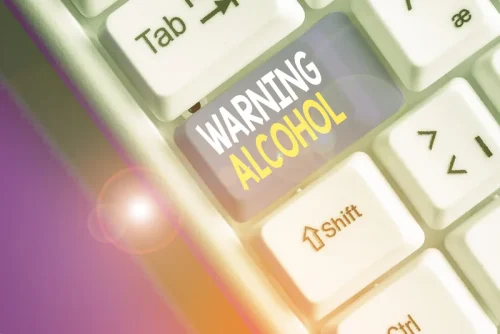
Electrolytes, such as potassium, sodium, and magnesium, play a vital role in regulating muscle and nerve function. Excessive alcohol consumption can disrupt the balance of electrolytes in the body, leading to an electrolyte imbalance that can contribute to the development of hangover shakes. If you experience persistent or severe hangover shakes, it is crucial to consult a healthcare professional. They will be able to evaluate your symptoms, provide a proper diagnosis, and recommend appropriate treatment options.
- Dehydration plays a significant role, as excessive alcohol consumption can lead to fluid loss and an imbalance of electrolytes.
- However, it is best to contact a healthcare professional for help with severe symptoms or if there is a chance DT can occur.
- Smoothies can be an effective way to increase fluid intake and replenish electrolytes lost due to alcohol consumption.
- When dealing with hangover shakes, providing your body with proper nutrition can help alleviate the symptoms and promote recovery.
- Hunger can trigger alcohol cravings and could worsen your alcohol shakes.
- When alcohol is consumed, the liver prioritizes processing alcohol over other functions, such as producing glucose.
Alcohol-related brain damage

However, they can also be a sign of alcohol use disorder and other conditions. However, untreated DT can be dangerous, so a person at risk for DT should see a doctor if they get https://ecosoberhouse.com/article/what-sober-networking-is-and-why-it-is-important/ hangover shakes. Alcohol is a depressant that changes the way the nervous system functions.

Physiological Causes of Hangovers
Additionally, incorporating hydrating foods into your diet, such as fruits and vegetables, can contribute to overall hydration and support the body’s recovery process. It is important to remember that seeking medical attention is essential when severe symptoms are present or when alcohol withdrawal is involved. Medical professionals can provide the necessary care and guidance to ensure your well-being and address any underlying health issues or alcohol-related concerns. When the body is dehydrated, it can impact the proper functioning of the nervous system, leading to tremors and shaky movements. Electrolyte imbalances resulting from dehydration can further exacerbate these symptoms.
Essential Practices in MAT Programs
Some individuals may also experience tremors in their legs or voice box, adding to the complexity of these shakes. Hangover shakes are a common symptom experienced after excessive alcohol consumption. These shakes vary in location and duration, but they’re typically characterized by tremors that can affect an individual’s fine motor tasks. Alcohol consumption can lead to a wide range of physiological effects, including a symptom known as ‘hangover shakes’.

It can also impact levels of serotonin, gamma-aminobutyric acid (GABA), and dopamine in the brain. If last night’s celebrations have left you alcohol rehab with a contemptible hangover, the Hangover Hospital in Key West is here for you. We offer a 45-minute IV hangover remedy that will have you up and running in no time.
Hangxiety Infographic
- A healthcare provider can offer guidance on appropriate medical treatments that complement your overall care plan.
- In 2024 more than 16 million people across the U.S. either called off work or showed up late due to the festivities the night before.
- It’s important to remember that moderation and responsible drinking are the best ways to prevent hangover symptoms altogether.
Some advice for frequent drinkers is not to drink more than 14 units a week consistently. If you wish to cut down, try to have some alcohol-free days each week. You might even run to the toilet to throw up a few times if it’s bad enough, and you most likely spend the rest of the day trying to recover and feel decent again. When you drink heavily, it may weaken your heart muscle, damaging the heart’s effectiveness to pump blood everywhere in the body. As the alcohol leaves the system, tremors and hangover shakes shaking can happen due to the effect that alcohol has on the brain. It is a depressant and will slow or delay responses in the nervous system.

